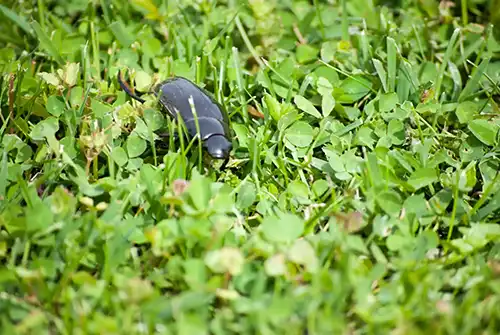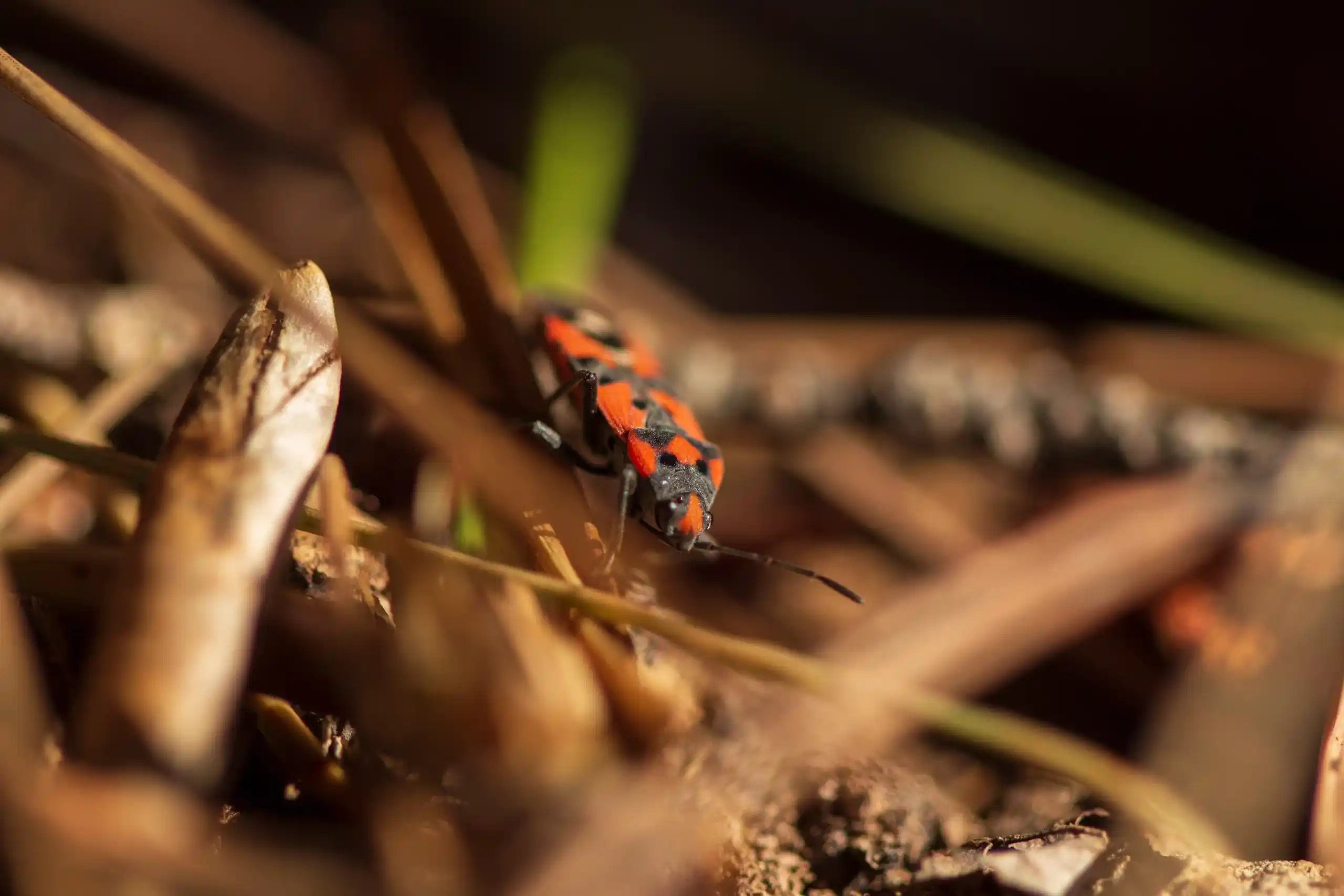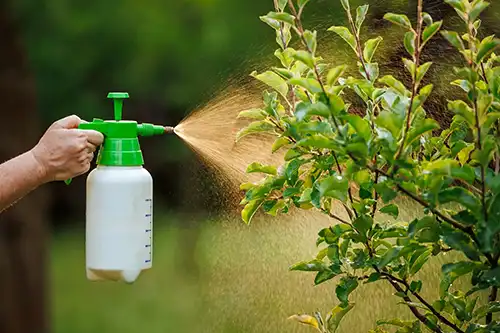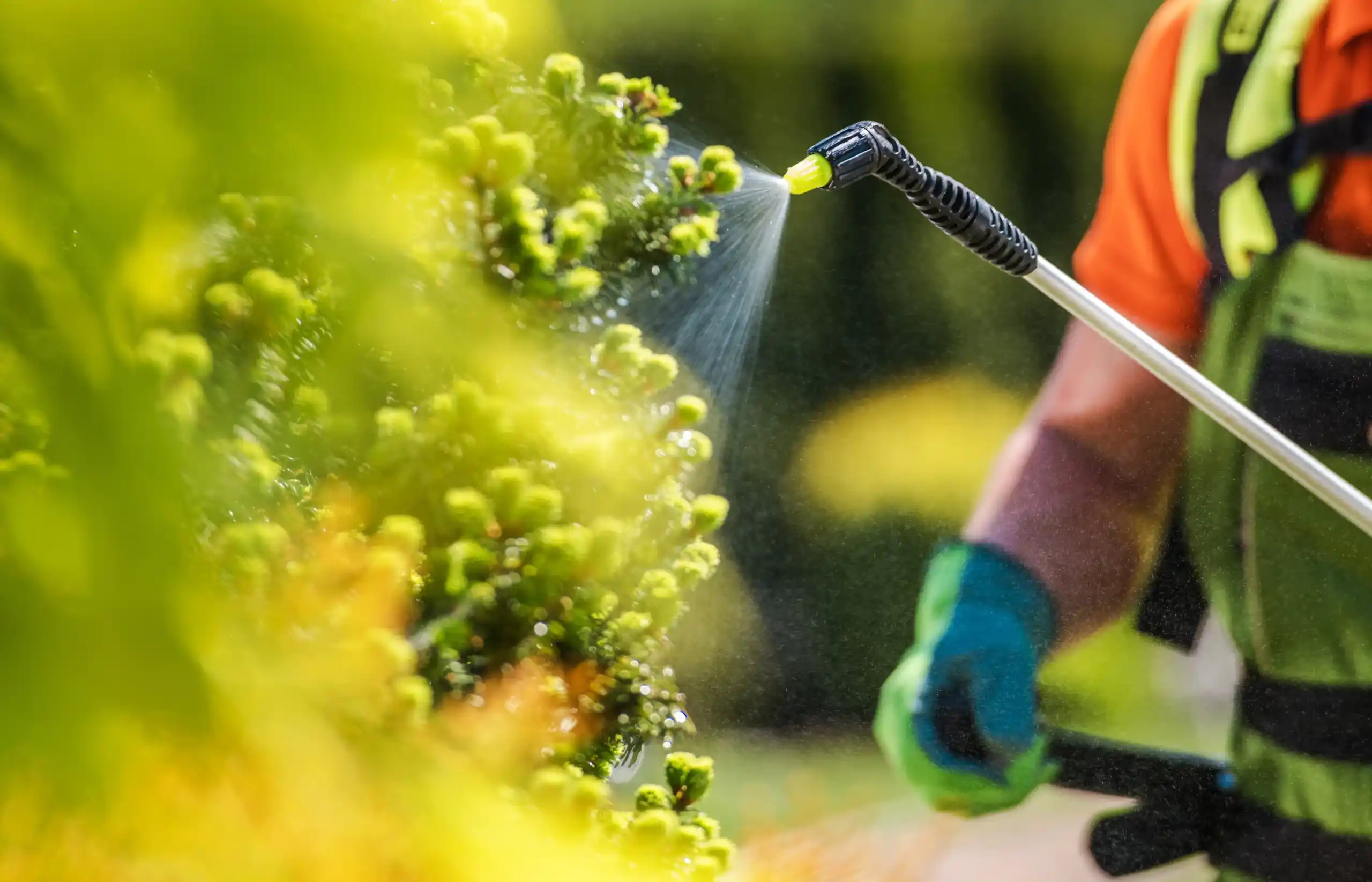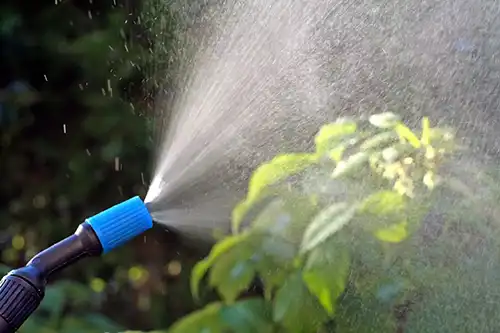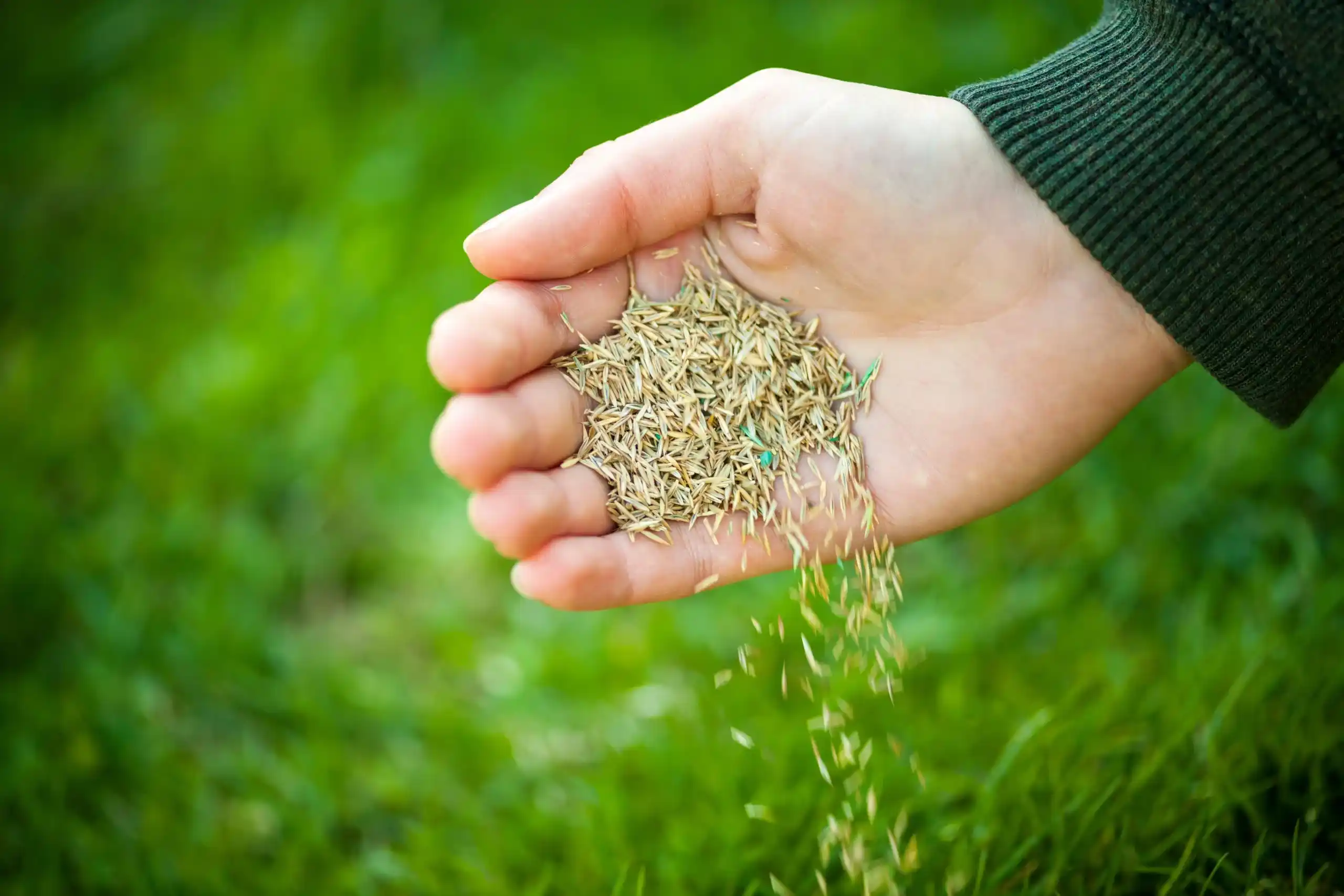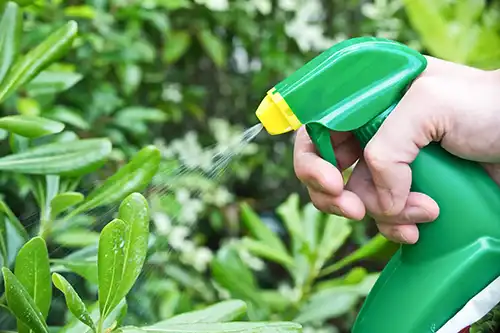How To Keep Pests Out Of Your Lawn
- How can I tell if I have pests in my lawn?
- What types of lawn pests live in Jacksonville FL?
- Should I apply an insecticide to my lawn?
- When should I use an insecticide?
- How should I apply insecticide to my lawn?
- Can I apply insecticide and fertilizer at the same time?
- Should I apply insecticide after overseeding?
- How can I keep pests out of my lawn?
- What is the best time of day to water my lawn?
- How much water should my lawn get?
- Should I water my lawn each day?
- Do I need to water my lawn in the winter?
- How should I adjust my watering schedule in the summer?
- Should I water my lawn after mowing?
- How can I tell if I am overwatering my lawn?
- How can I tell if my lawn needs more water?
- What are the benefits of lawn aeration?
- How can soil compaction damage my lawn?
- What type of fertilizer should I use for my lawn?
- What is the best month to fertilize my lawn?
- Should I fertilize a wet or dry lawn?
- How long does it take granular fertilizer to dissolve?
- How does rain impact my lawn after fertilization?
- Is it okay to fertilize and seed at the same time?
- What does potassium do for lawns?
- What type of fungus or disease does my lawn have?
- What types of weeds are common in Jacksonville FL lawns?
- When should I apply a fungicide to my lawn?
- Should I apply a weed killer on my lawn?
- What is the best type of fungicide to use in Jacksonville FL?
- What is the best type of weed killer for Jacksonville FL lawns?
- What are the signs that my lawn is unhealthy?
- What should I do if my lawn is dying?
- How to Treat Brown Patch Fungus In Your Lawn
Unwelcome pests like insects and rodents often leave visible evidence of their presence on your lawn. These signs can range from chewed grass to unusual holes or burrows. Discover how to recognize the early signs of an infestation here.
To tackle lawn pests in Florida, you need to first determine which insect or rodent species are causing trouble. Identifying the specific pest will help you choose the most effective treatment. Here are the typical pests you’ll find in this area.
Although insecticides can shield your lawn from pests, they might not always be the most effective option. In some cases, natural remedies or preventative measures may offer better results. Discover if using insecticide is the best approach for you.
Pest prevention should begin with natural strategies, saving chemical solutions like insecticides for more serious situations. Using eco-friendly methods first can help maintain a balanced lawn ecosystem. Here’s how to know when to use a pesticide.
Safe use of pesticides and chemicals is important. Always wear protective gear and follow the recommended guidelines to minimize risks. Keep yourself, your loved ones, and the environment safe by following these essential insecticide application tips.
Applying insecticide and fertilizer together can cause issues, particularly without expert guidance. The combination can affect the absorption of nutrients and potentially harm your grass. Follow these tips to protect your lawn from pests while maintaining it properly.
Using insecticides while overseeding can damage new grass seeds. Young sprouts are especially vulnerable to chemicals, which can hinder their growth. Try these natural methods to keep pests at bay without harming your newly planted lawn.
If you’re looking to keep pests out of your lawn, there are several effective methods to try. Some of these strategies are simple, natural, and easy to implement. Here are some of the most proven ways to prevent infestations.

